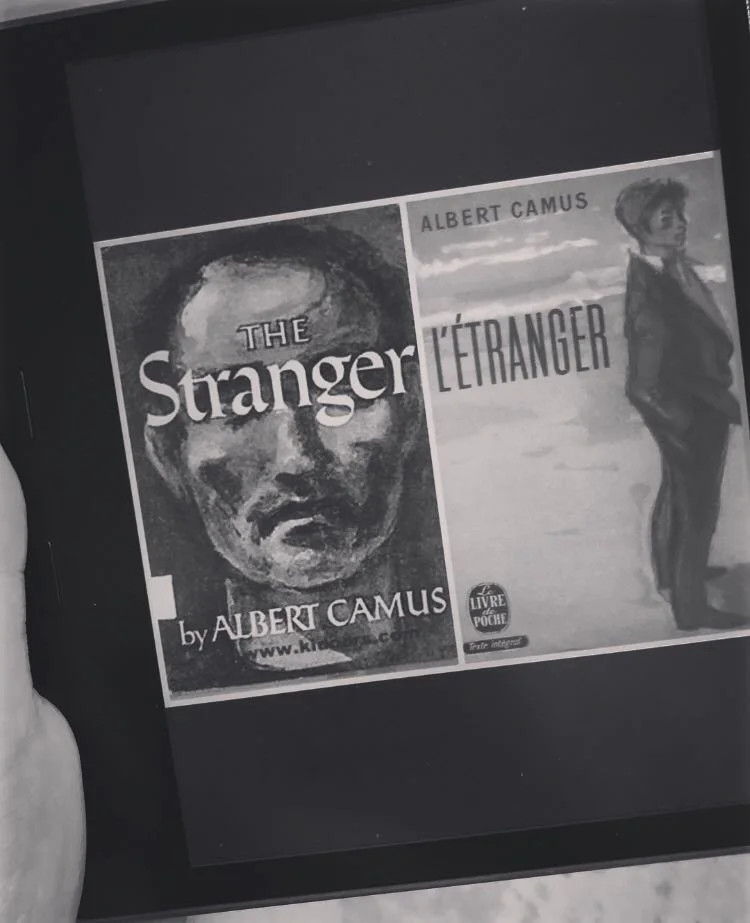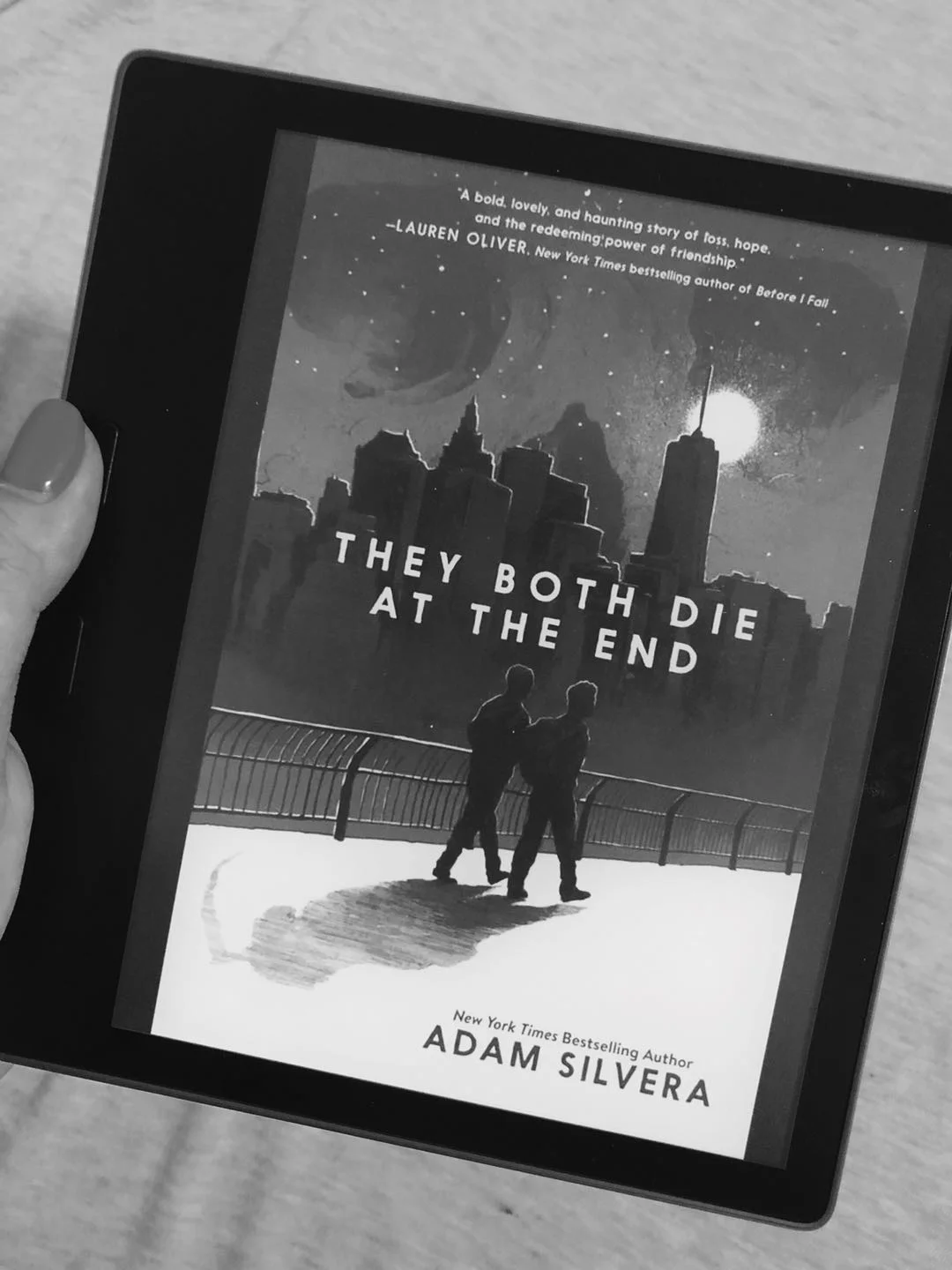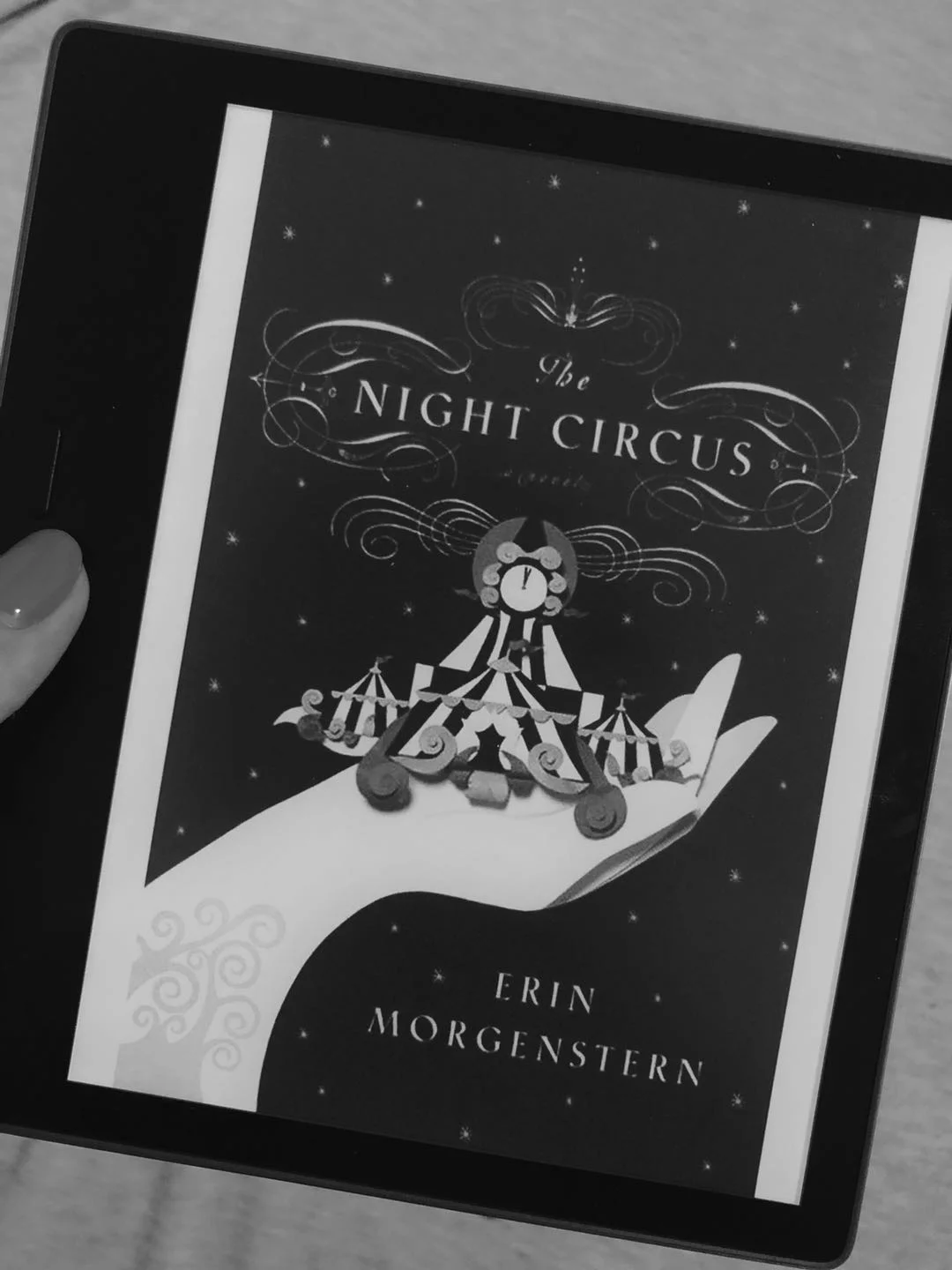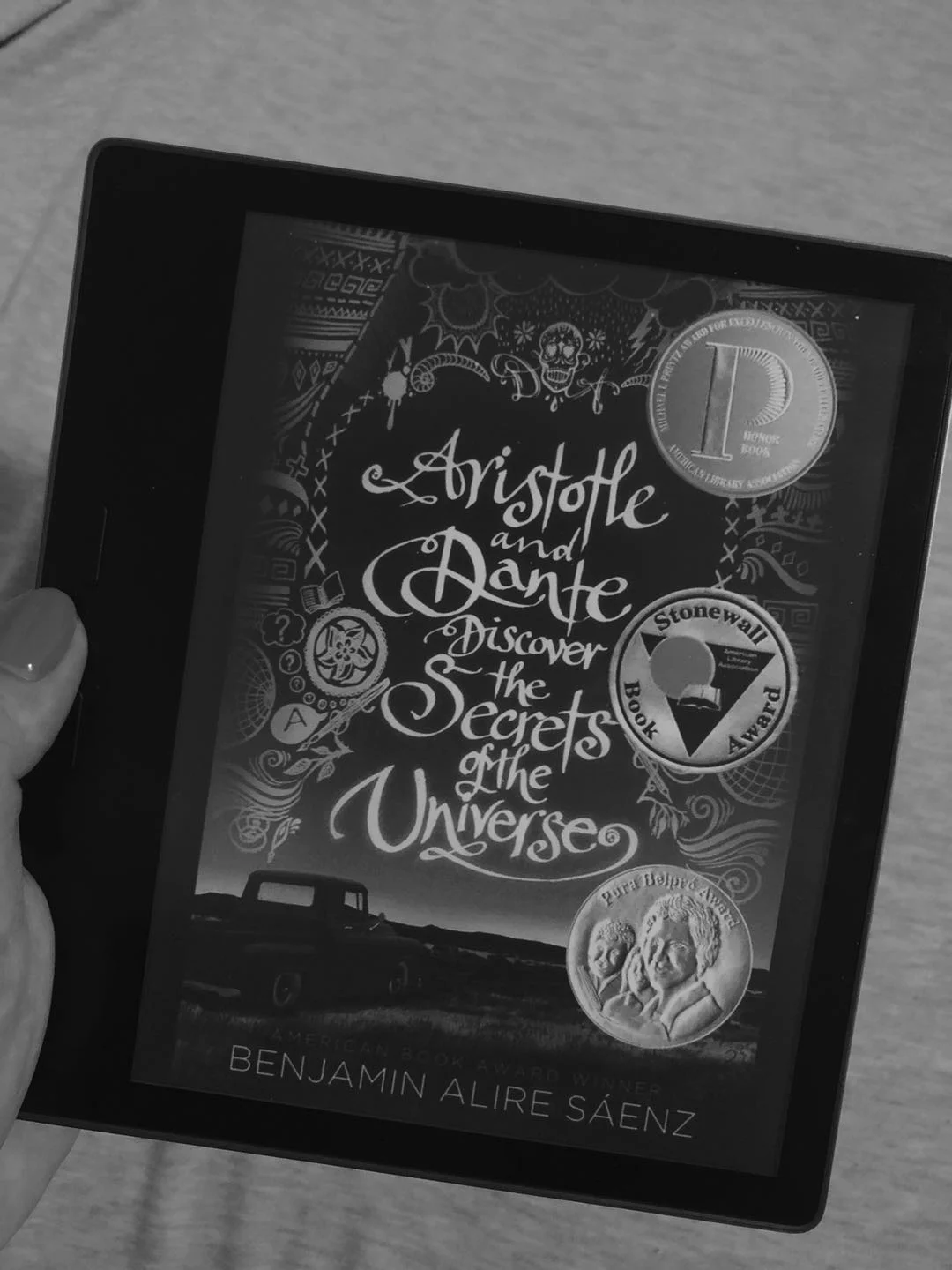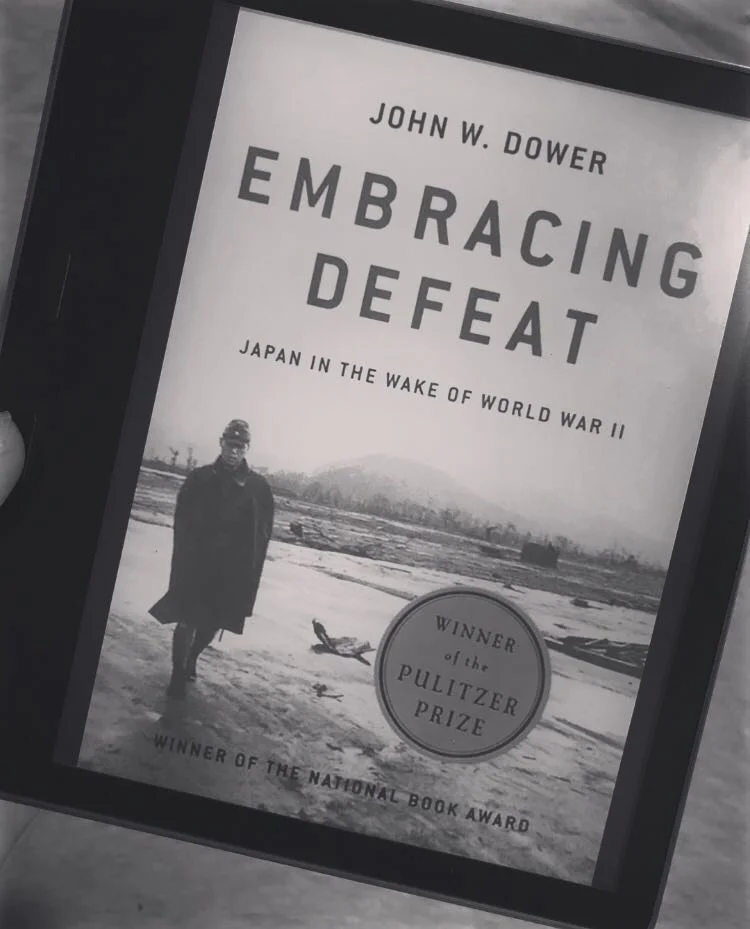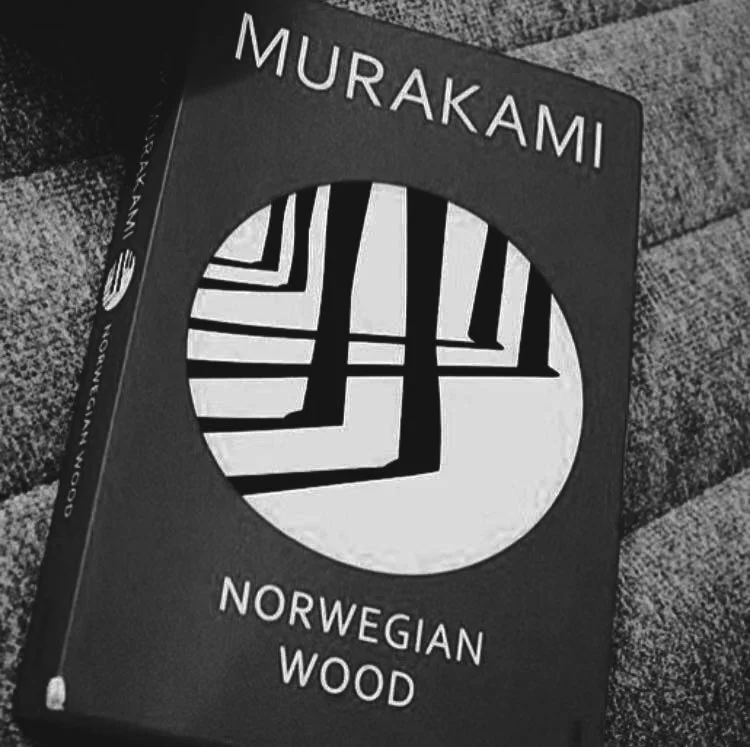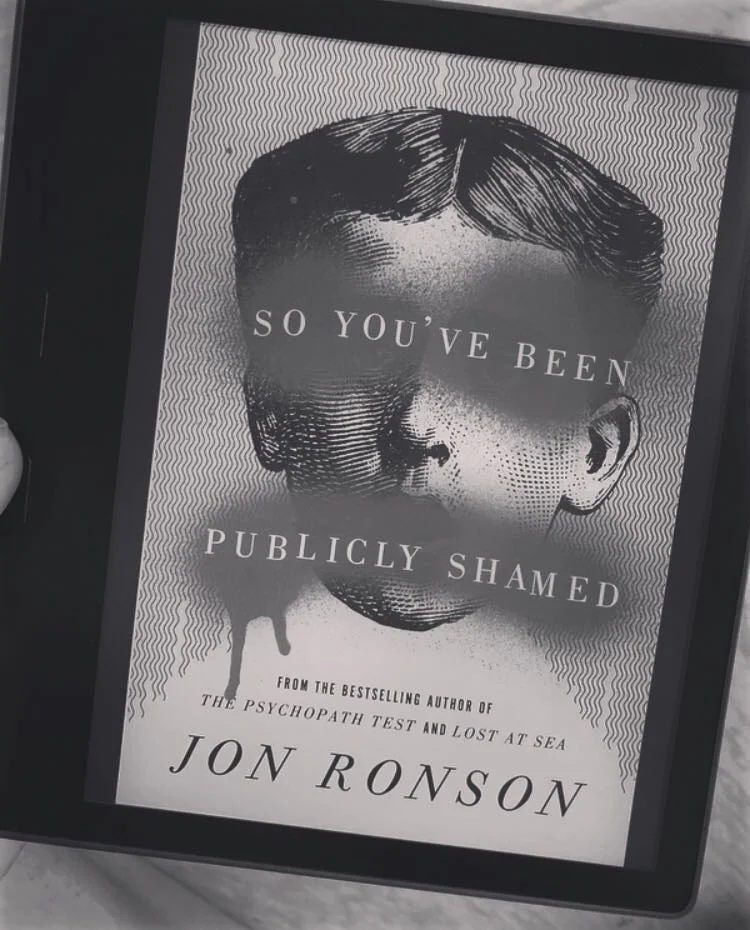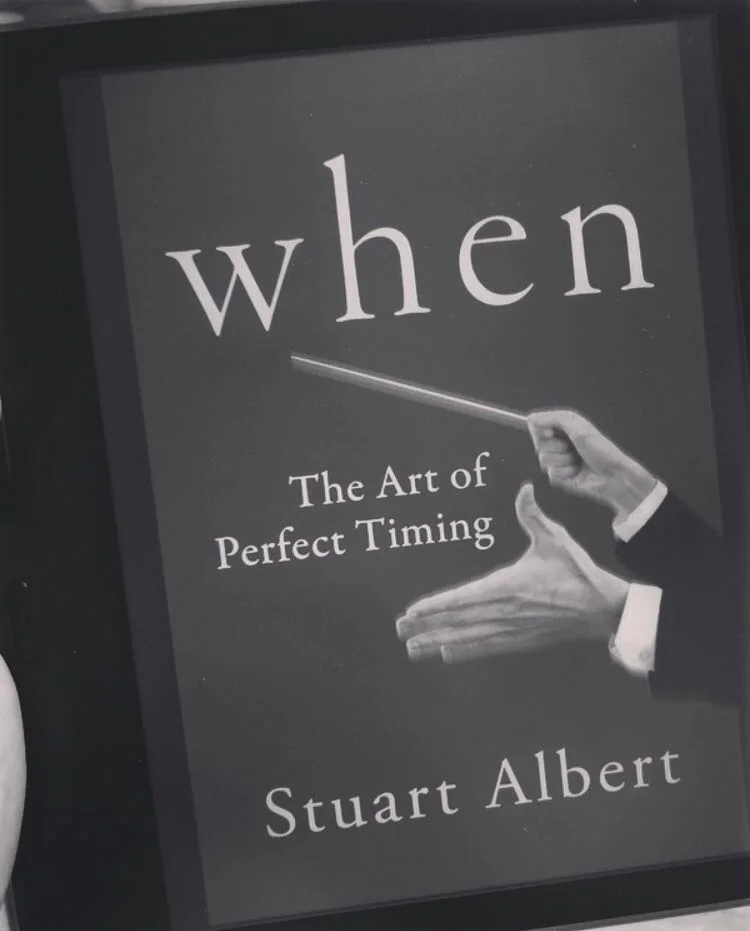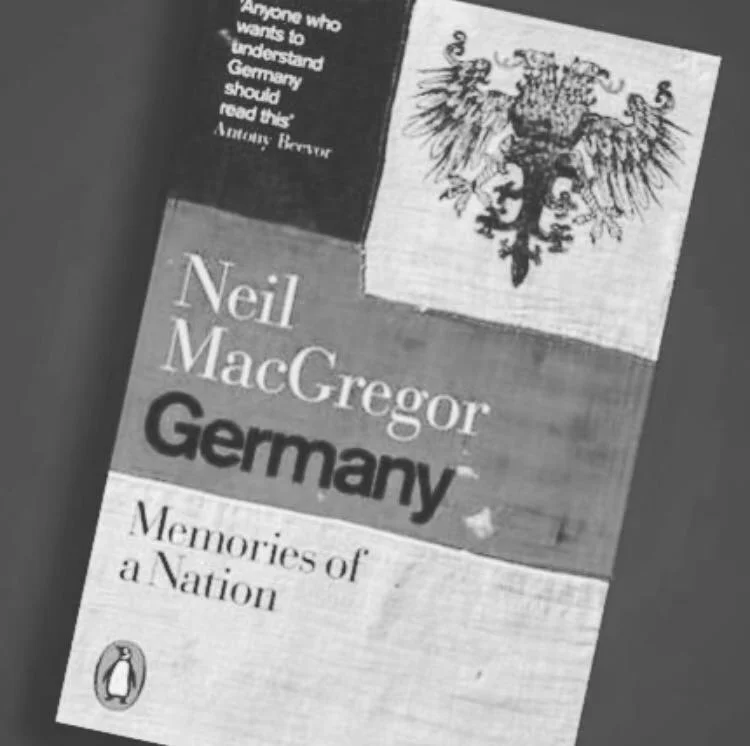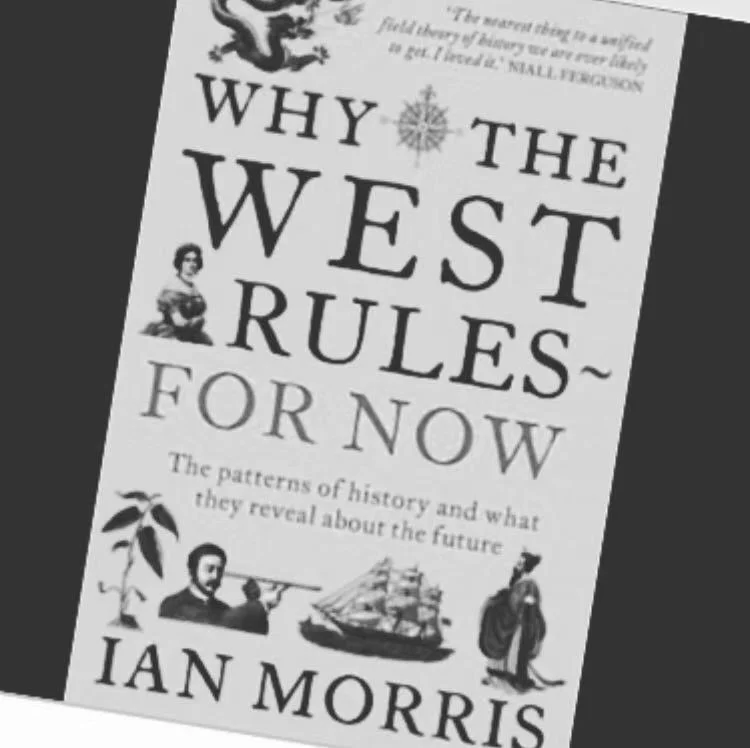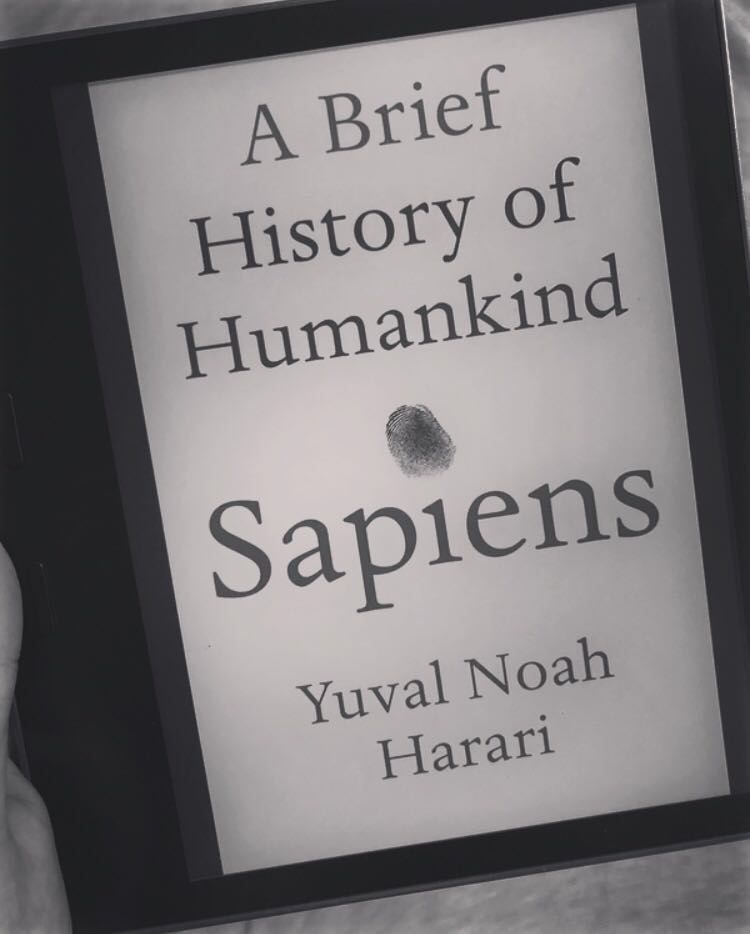When the outbreak of a pandemic swine-flu wiped out 99% of humanity, what will happen to the survivors? This book is not so much about apocalypse as about memory and loss, nostalgia and yearning, and the attempt of art to deepen our ephemeral impressions of the world. Whereas most apocalypse stories push harshly forward into terror or dystopia, this novel moves back and forth in time, illustrating the pre-apocalyptic world and twenty years after civilization has collapsed, when the worst is over and survivors have grouped themselves into isolated settlements.


